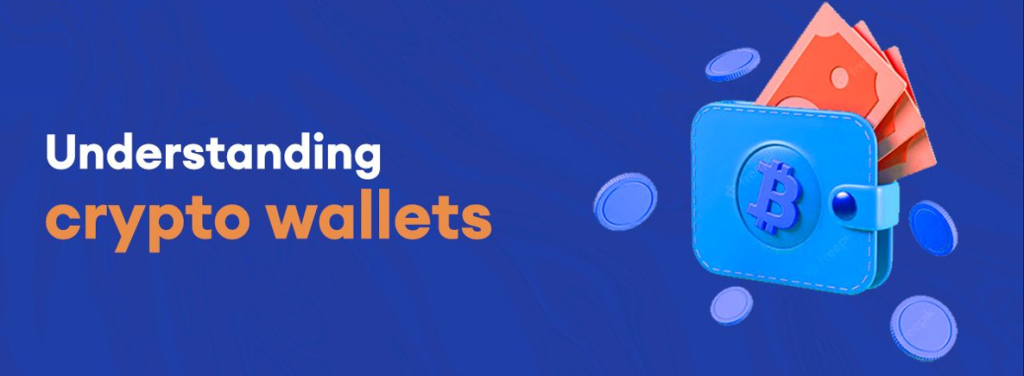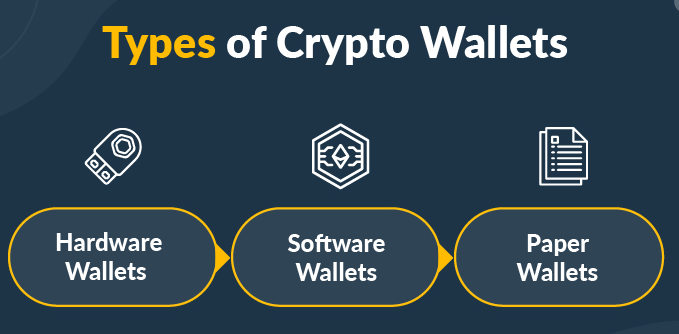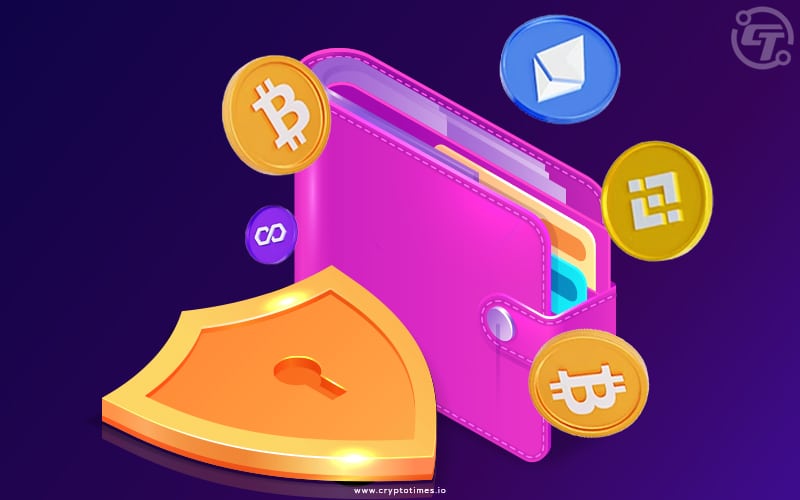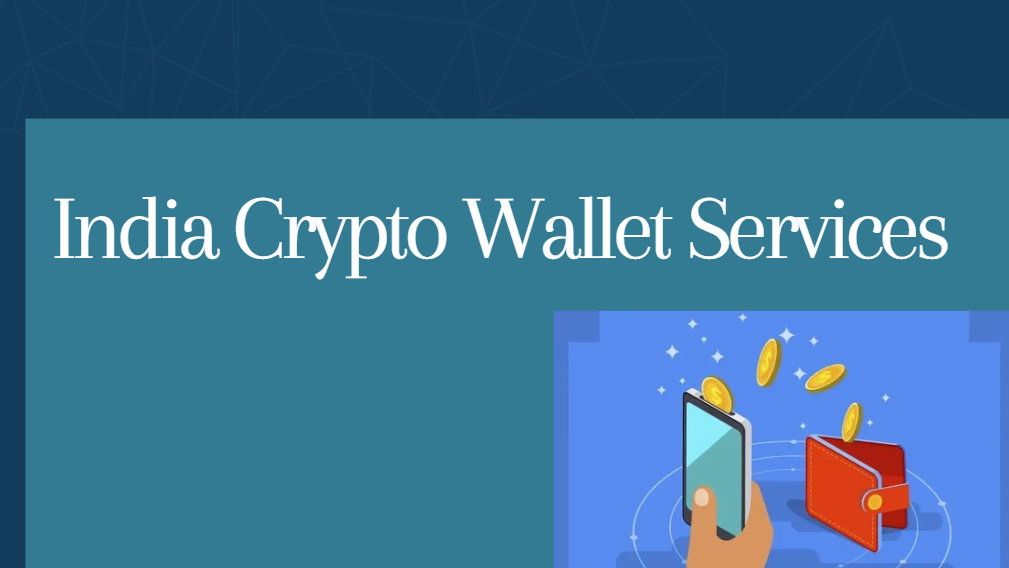AUTHOR- ELIZA FERNZ
DATE-30/8/2024
INTRODUCTION
As the world of cryptocurrency continues to evolve, India has emerged as a significant player in the digital finance space. With an increasing number of individuals and businesses looking to invest in or utilize(1) cryptocurrencies, the need for reliable and secure wallet services has never been greater. This blog delves into the landscape of cryptocurrency wallet services in India, highlighting key features, popular providers, and what users should consider when choosing a wallet.

Understanding Cryptocurrency Wallets
At its core, a cryptocurrency wallet is a digital tool that allows users to store, manage(2), and transact cryptocurrency. Unlike physical wallets that hold cash or cards, a digital wallet stores cryptographic keys that are essential for accessing and controlling one’s digital assets. There are several types of wallets, including software wallets (mobile or desktop), hardware wallets, and paper wallets. Each type offers different levels of security, convenience, and functionality(3).
Types of Cryptocurrency Wallets

- Software Wallets: These are applications or software programs that can be installed on mobile devices or computers. They offer a user-friendly interface and are ideal for everyday transactions. Within this category there are:
- Mobile Wallets: Designed for smartphones, these wallets are convenient for users who want to make transactions on the go. Examples include Coinomi, Trust Wallet, and MetaMask.
- Desktop Wallets: These are installed on a PC or laptop and provide more robust(4) features and security compared to mobile wallets. Examples include Exodus and Electrum.
- Hardware wallets: These are physical devices that store cryptocurrencies offline, making them highly secure against online threats. They are often considered the safest option for long-term storage. Popular hardware wallets include Ledger Nano S, Ledger Nano X, and Trezor.
- Paper Wallets: These involve printing out the cryptographic keys and keeping them in a physical form. While they offer a high level of security from online threats, they can be easily lost or damaged.
Popular Cryptocurrency Wallet Services in India
- WazirX Wallet: As one of India’s leading cryptocurrency exchanges, WazirX offers an integrated wallet service. It provides a seamless experience for users who are already trading on the platform and supports a wide range of cryptocurrencies.
- CoinDCX Wallet: CoinDCX is another major player in the Indian crypto exchange market. Their wallet service is designed to be secure and user-friendly, catering to both novice and experienced traders.
- Unocoin Wallet: Unocoin focuses on Bitcoin and offers a wallet service that allows users to store and transact Bitcoin with ease. It also provides options for Bitcoin savings plans and payments.
- ZebPay Wallet: ZebPay is one of the oldest cryptocurrency exchanges in India and offers a wallet service that supports various cryptocurrencies. It emphasizes security and user privacy.
Factors to Consider When Choosing a Wallet
- Security: Ensure that the wallet has robust security features, such as two-factor authentication (2FA), encryption, and backup options. For significant holdings, consider hardware wallets for added protection.
- Ease of Use: The wallet should have an intuitive interface and be easy to navigate. This is particularly important for beginners who might be unfamiliar with cryptocurrency technology.
- Compatibility: Check if the wallet supports the specific cryptocurrencies you intend to use. Some wallets are multi-currency, while others may be limited to a few assets.
- Customer Support: Opt for services that offer reliable(5) customer support. This can be crucial if you encounter issues or need assistance with your wallet.
- Fees: Be aware of any fees associated with transactions, withdrawals, or conversions. Different wallets and services have varying fee structures.

The Future of Cryptocurrency Wallets in India
The adoption of cryptocurrencies in India is on the rise, driven by technological advancements and growing interest from both individuals and businesses. As the market matures, we can expect further innovations in wallet technology, including improved security features, integration with emerging financial technologies, and enhanced user experiences.
In conclusion, choosing the right cryptocurrency wallet is a critical decision for anyone involved in the digital asset space. By understanding the types of wallets available and considering factors such as security, ease of use, and support, users can make informed choices that best suit their needs. As India continues to grow as a hub for cryptocurrency activity, staying informed about wallet services and trends will be essential for navigating this dynamic and evolving market.
Conclusion
The rise of cryptocurrencies in India marks a significant shift in the financial landscape, and the choice of a reliable cryptocurrency wallet is a crucial aspect of engaging with this digital revolution. Whether you’re a seasoned investor or a newcomer exploring the world of digital assets, selecting the right wallet can impact your overall experience and security.
By understanding the various types of wallets—software, hardware, and paper—you can better align your choice with your needs. Software wallets offer convenience and accessibility, making them ideal for daily transactions, while hardware wallets provide enhanced security for long-term storage. Paper wallets, though less common today, offer a unique form of offline security.
FAQ’S
What is a crypto wallet?
- A crypto wallet is a digital tool that allows you to store, manage, and transact cryptocurrencies securely.
Are crypto wallets legal in India?
- Yes, crypto wallets are legal in India, but they must comply with local regulations and guidelines set by authorities like the Reserve Bank of India (RBI).
What types of crypto wallets are available?
- Crypto wallets come in several types: software wallets (desktop or mobile), hardware wallets, and paper wallets.





